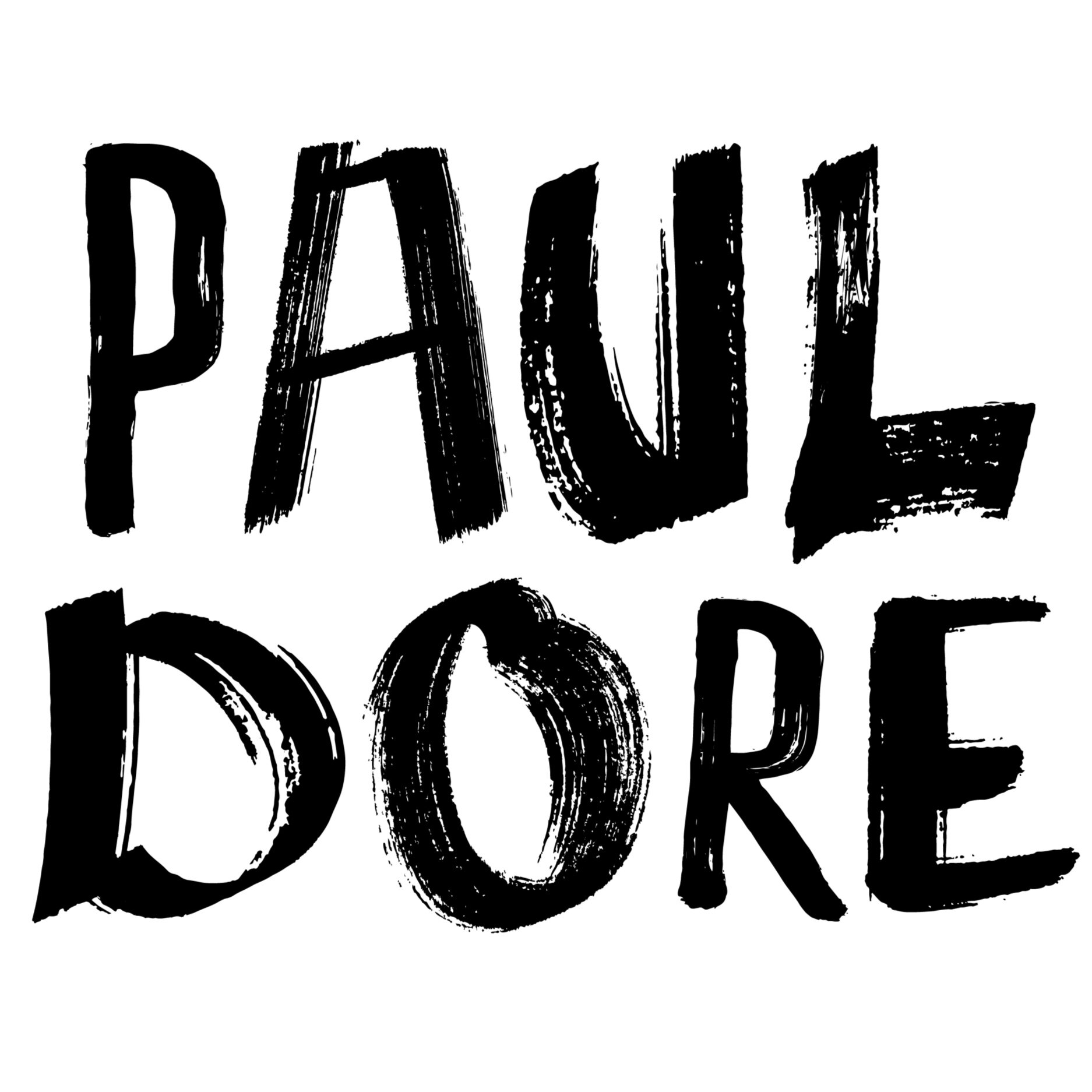3.21 Message in a Bottle
We endure and overload on messages everyday. They come from everywhere – other people, television, politicians, mobile devices, billboards, books, newspapers – and inform various aspects of our lives. Within these delivery systems, there are many different kinds of messages and with the way technology is improving in ever increasing ways, messages are fracturing, bits and pieces invading every pinhole of our experience. Messages tell us what to wear and how to look and what to eat and when to sleep and sometimes fool us into thinking we should be something we are not. Maybe we need to slow things down a bit, think before we send yet another message into the ethos, contemplate as to whether what we are saying is actually relevant, instead of another byte building on millions of other giga’s to form a continent of useless information. Will we ever overload?
Take emails or tweets or profile updates. If we just took a moment, a tiny beat of time, before hitting that send key. And in that moment, we wonder and ponder, “How important is this?” Perhaps extend that moment and imagine writing the message down on a slip of paper, inserting it into a bottle and throwing it into the ocean. By leaving it up to chance, and perhaps even a bit of fate, maybe something more interesting would happen. Or this message might be important enough that it needs to be read immediately. If so, by all means, hit send.
One of my recent tweets: “There is a QR barcode on my banana. This is not a euphemism; I'm talking about a real banana.” Now, was this something important for me to communicate to my tiny amount of followers? I can honestly say that if I put this message into a bottle and no one ever found it, the world might even be a better place. But I never said I practice what I preach.
Besides the obvious messages of online immediacy and media, I am more interested in the messages we send to each other. Those unconscious subtextual messages we reveal through our character. The words that go unsaid but which are perfectly clear. In my usual unscientific observations, I’ve noticed these messages become much clearer when power dynamics are in place. The messages become mixed.
Let me provide an example. A few years ago, I worked in a corporate environment. I was obviously not wanted but no one really said this. We all just moved forward, not liking each other and pretending that everything was okay. We were on the deck of a sinking ship describing the nice calm water. One day I found myself on a conference call, my colleague and I discussing what we wanted to accomplish with those on the other end. He seemed to agree with my direction until we actually got the other people on the line and my colleague countered pretty much everything I said, making me look like a fool. I asked if we could call back, hung up, turned to him and said, “Don’t ever set me up like that again. If you disagree with me, we work it out before bringing in others.” He was majorly offended by my accusations and acted like he did nothing wrong. But I got the message.
Those invisible messages can be powerful and they have become so ingrained within the patterns of how we interact with each other. I work with kids a lot, and it’s fascinating to hear their unfiltered thoughts. For example, “You’re a funny looking guy. My other teacher is funny, but you’re funny looking.” And also, “Where’s your parrot? With that earring, you look like a pirate.” Kids, especially in this technological age, must begin choosing which messages are good and bad early. But what messages are good and which are bad? How do we determine this? It saddens me to see kids with incredible imaginations being shut down by adults, but I guess this is all associated with growing up and discovering who you are as a person. Not only what you want to believe, but choosing what to believe.
Our minds are like film editors, or at least, this is the way I think of it. I have a fair amount of experience as an editor and wish sometimes my mind worked as efficiently as a computer program. Unfortunately, the editor in my mind likes to draw scenes out, explore as many messages as possible and bring old ones back into focus. Unwanted flashbacks. I don’t transition from message to message as easily as a dissolve, or better yet, a hard cut. I need to keep the important bits and throw the rest away.
There’s just so much clutter buzzing around. I’m trying to believe there is something important to be found. I am trying to be more specific in what messages I take in. Quickly assess the negative ones, the ones that only provide clutter, the ones a child would choose to ignore, and leave them on the cutting room floor. And sometimes those positive messages land. And sometimes you might meet someone and you are open and ready and their messages sink in with an immediacy that is enthralling. Exhilarating. And their message says, "It's okay." It's okay to be this way, to be who I am. It's being a child again and fully absorbing every message with the hope that it will be right and just and provide the answers to the questions you were not yet able to articulate.
